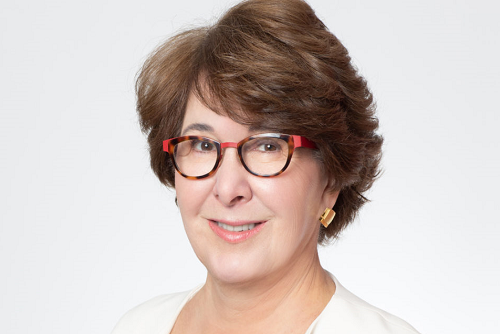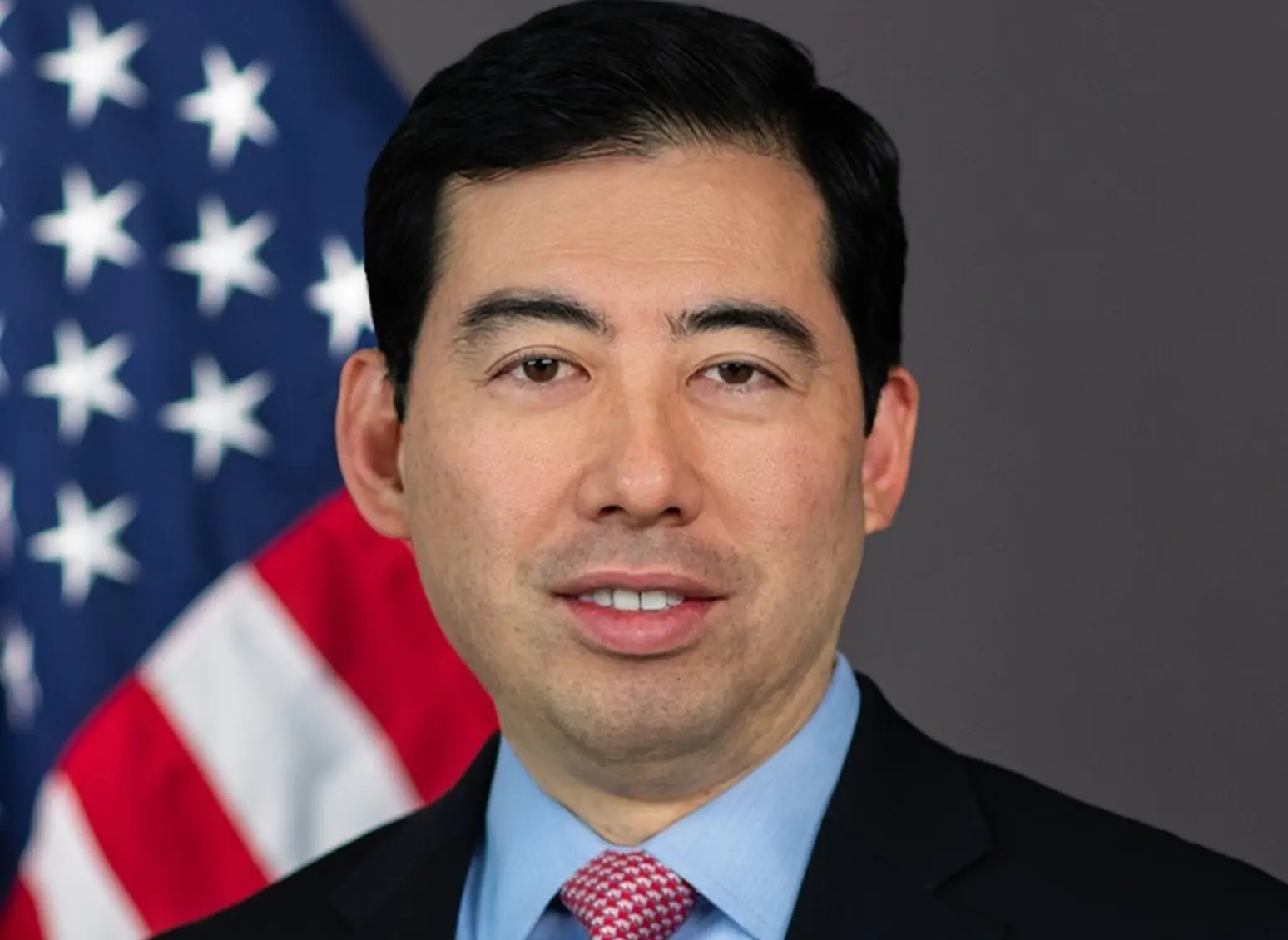ESG 'here to stay' as the new investment theory – Domini
5th April, 2022|Perle Battistella

ESG investing follows Benjamin Graham's Intelligent Investor and modern portfolio theory as the latest investment theory, according to an expert
Environmental, social and governance (ESG) is the modern generation's investment philosophy, according to impact investing pioneer Amy Domini.
The founder and chief executive officer of Domini Impact Investments said new investment philosophies emerge about once in a generation, citing Benjamin Graham's Intelligent Investor, the original value investing text, published in 1949 and modern portfolio theory, which earned its founder Harry Markowitz the Nobel Prize for Economics in 1990.
Domini said: "Here we are 50 years later with ESG. In my opinion it is so valuable to the investment advisory field and adds a complex richness for the individuals who are selecting stocks. It also has this tangible benefit to the public, so I believe ESG is going to be the next major investment theory. It's a tool we will never give up, just like we wouldn't get rid of modern portfolio theory or value investing," adds Domini.
ESG is "here to stay" for a few reasons, according to Domini. The first is that ESG is affecting outcomes. It is affecting corporate behaviour in a beneficial way and it is encouraging a greener economy. Domini says that it is also encouraging more concern over how the lives of people are affected by corporate behaviour. In Domini's words: "It has also given investment advisors a new toolkit that they didn't realise was at their fingertips."
Domini tells Global Investor that, from an ESG perspective, she has seen organisations become far more sophisticated. "The individuals who choose to join this group are self-selecting and carry their own agenda and commitment level – overall this is positive. ESG is all about the fact that if we are going to have a liveable planet and lives worth living, we need to have investors involved in that process. We cannot be fighting the investment process whilst doing it – and ESG is inviting investors to be part of the solution."
The ESG market leader played a crucial role in the Securities and Exchange Commission (SEC) adopting a rule in 2003 to require mutual funds and investment advisors to disclose their proxy voting policies and voting records. Domini's firm filed a petition in 2003 to mandate these requirements. "In the past, we had two or three very large portfolio managers in the United States, where their CEOs talked a lot about ESG but then who voted their proxies against environmental initiatives or against human rights initiatives. That has suddenly changed because we now have legislations that mandates that they must reveal how they vote in their proxies. This information is being published immediately after meetings and so there is a lot of examinations, and the humiliation factor is huge here," comments Domini. In 2005, Domini was named one of Time magazine's 100 Most Influential People.
She believes social factors under ESG will take the spotlight during this year's proxy season, which mainly takes place in the spring across April, May and June. Furthermore, transparency will drive changes in proxy voting.
Increased shareholder and media scrutiny of asset managers' voting records, for which the industry can partly thank Domini, will only serve to promote further the ESG agenda.


